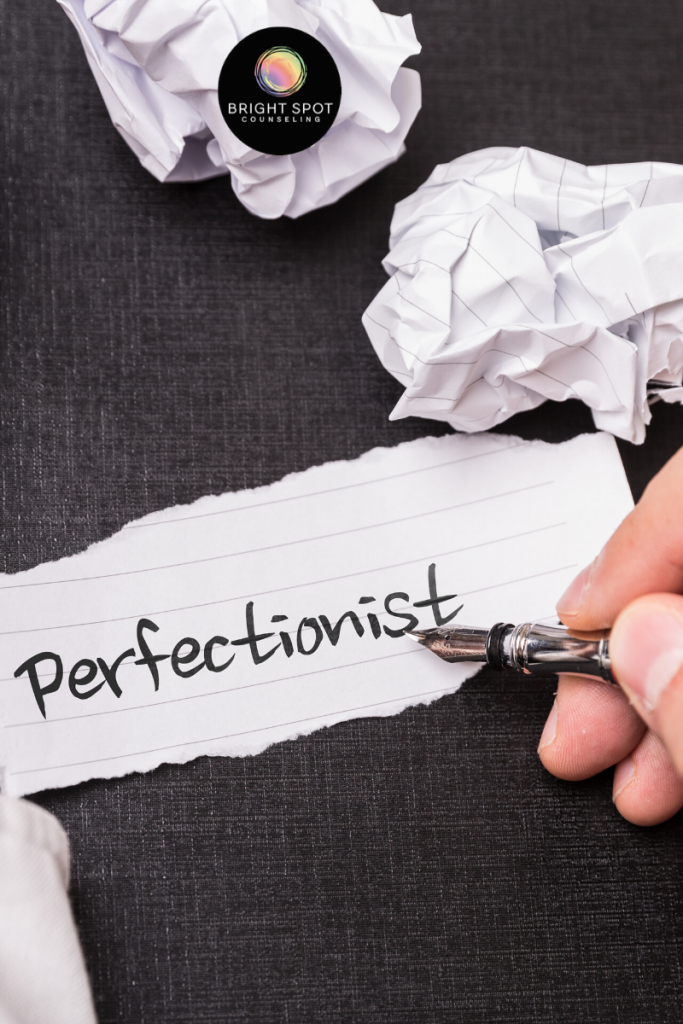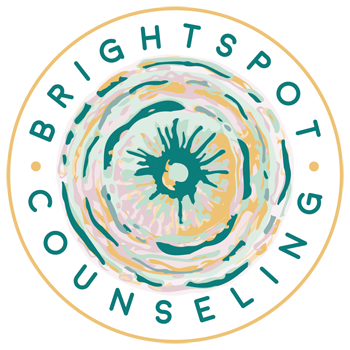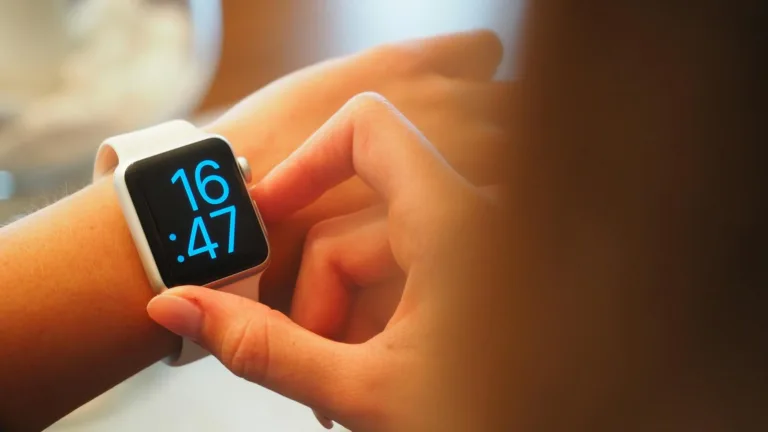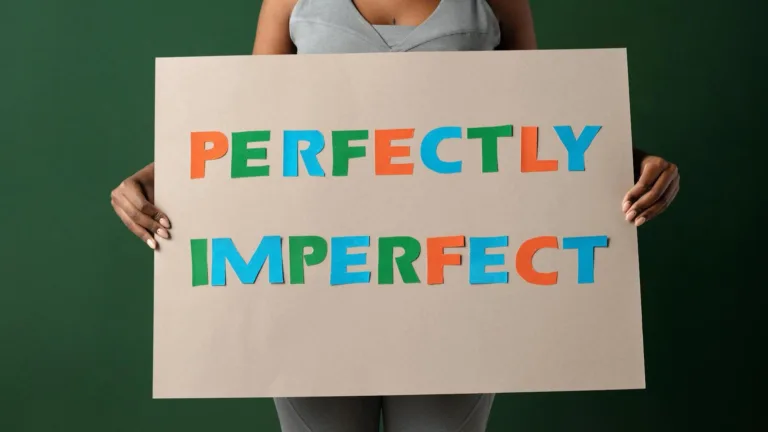You know you’re a perfectionist when…

Madison Marcus-Paddison, LMSW
Remember the time you reworded that email over and over and then didn’t end up sending it because you just “couldn’t get it right?” Or that time you received a work evaluation that was 99% positive and just couldn’t get your mind off that one percent? What about that time you threw away your bullet journal because you couldn’t decorate it in a way to look Instagram-worthy? Don’t forget that time you ate the whole cake because you dipped your finger in the frosting. If you can’t abide by the diet 100%, you might as well just dive right in, right?
I know you; perfectionist. I know you, because I am you.
Like you, I’ve worn my chronic perfectionism like a badge of honor and snuck it into an interview or two when asked about my weaknesses. I was always careful to utter the words in such a way that the interviewer wouldn’t know how much I rehearsed in the mirror the night before: “Oh, my biggest challenge? Well, I guess I’d have to say I’m a perfectionist…I just care so much!”
What’s the problem with caring so much, you ask? Let’s unpack.
Perfectionism is more than caring too much. It’s very different from trying to reach your highest potential. It doesn’t live on the same street as personal growth, self-improvement, or healthy achievement. It shacks up with rigidity, comparison, and inadequacy. Perfectionism disguises itself to look like “what do I think?”, but underneath, it’s really “what do they think?” We, perfectionists, hold our self worth at the mercy of others’ perception- something we cannot control. So we turn to the things we can control and look for evidence to support what we’re doing is receiving positive results. It can be exhausting.
As perfectionists, we think in absolutes, also known as “black and white” or “all or nothing thinking”, (“If I don’t weigh ____ pounds, I’ll never be happy.”), and have made an Olympic sport out of criticizing ourselves. We minimize our achievements (“Oh, it was nothing”) and exaggerate our difficulties (“Yeah, but did you see the part where I messed up?”) We catastrophize (“If this doesn’t work out, my life will be over!”). It can manifest in many ways, and sometimes perfectionism can become so intrusive, we never get anything done! Toxic perfectionism can lead to procrastination, obsessive-compulsive disorders, eating disorders, social anxiety, and depression.
The underlying belief that reinforces perfectionism is that if we live perfect lives, we can avoid or reduce our exposure to painful experiences laden in embarrassment, disappointment, fear of failure/rejection, judgement and blame. Sure, we miss out on some of the bad stuff by striving to be perfect, but here’s the problem: we miss out on the good stuff too. If you fail to take a risk and try something new, because you fear you won’t “be perfect in others’ eyes”, you miss the chance to put something new into the world- to experience something great. Often, we miss the opportunity to make memories and build meaningful connections with others, because we are so consumed with our ideas of what others may think that we never show up as our true selves.
So how do we begin the process of letting go of perfectionism? Here are some tips.
Externalize your perfectionism and talk back to that jerk.
All, always, never, nobody, every, only, ever, can’t. These are a few of the buzzwords that show up when you’re entertaining a party of perfectionistic thoughts. Your perfectionistic thoughts are not facts. Try to change them to something less rigid and more realistic. Challenge your perfectionism the way you’d challenge a bully picking on your best friend. You’d stop at nothing to defend your friend. It’s time to defend yourself.
Do an experiment.
See what happens when you do the opposite of what you would normally do. Often, perfectionists anticipate the worst possible outcome if everything doesn’t go how they envisioned, but most of the time, what actually ends up happening is much more manageable.
Say you have dishes in the sink and a friend stops by your ordinarily spotless house and you feel a lump in your throat and momentarily think about not answering the door… you start to violently toss the dishes in the dishwasher. Pause. Leave the dishes in the sink. Your friend may notice and say “hey, you have dishes in the sink”. You then say “Yes. Yes, I do.” Your friend says “did I tell you what happened to me the other day?” Conversation about the dishes ends. Opportunity to learn more about, empathize with, and share in your friend’s experience, begins.
Use a thought diary.
Ask yourself what assumptions you are making, how much weight you are putting into others’ perception of you; how little control you have over others’ thoughts. Ask yourself how fair you’re being; how realistic and attainable your expectations are. Ask yourself how you would think if you were the other person in the scenario. Would you judge? Would you even care? Documenting your thoughts and analyzing them later can be a helpful exercise in breaking down the origin of your thoughts and allow you to be more prepared to challenge them in the future.
Be brave.
Have you ever seen someone do something imperfect and admired their courage and ability to just “not care”? “I wish I could be like that”, you think. Good news, you can. “Do imperfection” on purpose and get comfortable with doing things for your own enjoyment. Start small and stay within the confines of your home at first. Sing a little louder in the shower. Giggle a little more during your YouTube yoga session. Try to write your own song and create a melody to it. Take out some fingerpaint and go to town on some construction paper. Style your hair in a way you wouldn’t ordinarily wear it. Put together a clothing combination you never thought would work, and WORK IT. Sometimes “doing imperfection” on purpose can help make it feel a little more natural.
Practice self-compassion.
You thought you were going to get through this entire blog without some touchy-feely stuff, didn’t you? Sorry, not sorry- I’d be remiss if I didn’t mention how important it is to give yourself a break. Cut yourself some slack. You’re not a robot. You are a human with flaws. Ask yourself what YOU want for a change, what YOU think- and take a break from the prison.




